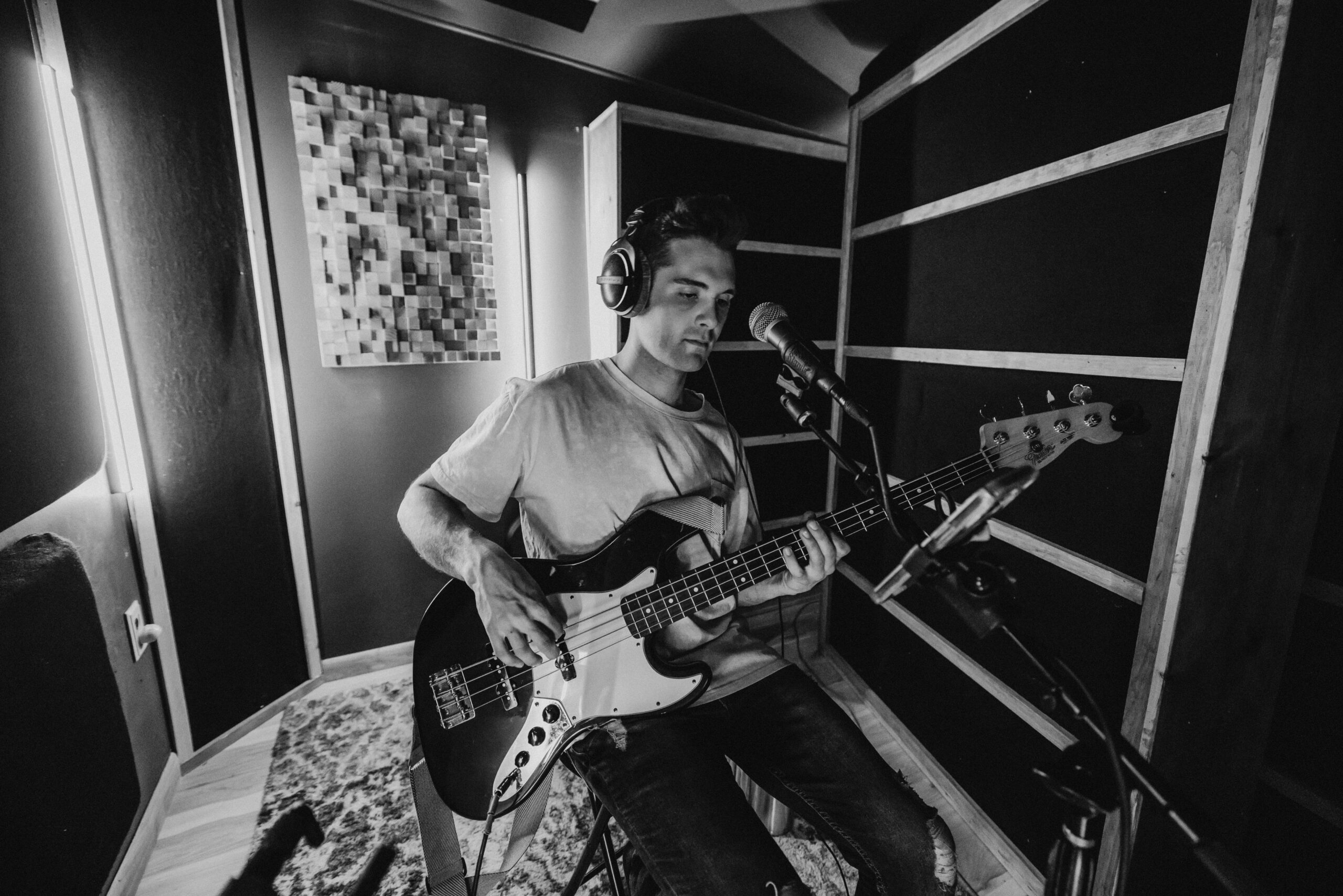Can you tell us about the inspiration behind your latest album, and what themes or stories you aimed to convey through your music?
My latest single was inspired by some tough times I was going through. When I was younger, I always felt invincible. I was fit, young, and naive about life. I didn’t have adult problems yet. I had a lot of courage and charisma that has seem to fade throughout the years. I take less risks and live a more straightforward lifestyle – and I think universally amongst almost all humans, you find this to be the case.
The theme is Nostalgia and growing up. It’s about the things that change throughout the years and how our younger, naïve Mindset let us do some crazy things because we weren’t programmed with true fear yet. We don’t know the troubles of the world and in some cases, truly believe were invincible.
Music often has the power to transport people to different places and times. Can you describe a moment in your life when a particular song or album had a profound impact on you?
“Springsteen” by Erik Church always does this for me. It’s always had this weird way of showing up at random important moments in my life. Like when I graduated high school, college, and at a variety of other “turning points”. Everytime I hear the song, I go back to these moments. And I think about how truly powerful that is.
Many artists have rituals or routines they follow before performing or recording. Do you have any unique or quirky pre-show or pre-recording rituals that you find help you get in the zone?
Nothing too crazy. I always drink a ton of water the day before. And do vocal warm ups on the day of. The only unique thing I do is a 30 second breathing ritual in my car or in the green room depending on the size of the show. Otherwise my rituals remain the same as my normal life. I try to not overthink performances.
Your lyrics often tell a story or convey a message. Can you share the story behind one of your songs and the inspiration that led to its creation?
One of my new songs, “When She Ain’t Around” is going to be released later this summer. It’s actually a funny story – I wrote it about my dog. You see, my dog….she’s super dramatic. Everytime my fiancé leaves the house the dog lets out a big sigh and pouts until my fiancé comes back. She made me laugh one night because she was moping around, sighing because my fiancé wasn’t there. I wrote “When She Ain’t Around” entirely based off the perspective eof my dog and how I imagine she feels when my fiancé leaves. Then a couple days later I was like “Wait….this is how I also feel.” It made it easier to personalize it and make the lyrics more honest.
If you could curate a music festival with a lineup of your dream artists, who would be the headliners, and what would the theme of the festival be?
I’d love to play an acoustic style singer/songwriter fest with Gregory Allen Isakov, John Mayer, Kacey Musgraves, and Lewis Capaldi.
Music can be a powerful tool for advocacy and change. Are there any social or political causes that you’re passionate about, and how does your music play a role in promoting these issues?
I really like to avoid politics in my writing, even though I know that a lot of big songs get big from being controversial. I care more about writing for change in the system or in the world in general – instead of focusing any attention on politics.
The music industry has evolved significantly with technology. How do you see artificial intelligence and emerging technologies impacting the creation and distribution of music in the future?
It would be foolish to think that technology will not play an ever-advancing role in the music and arts industry.
I do think that, until robots and AI can experience true emotions, humans will create art. Even after robots can have emotions, humans will still hold the power to create timeless art that provokes real emotion.
I think you will see a shift in people using robots and AI to create better products – but I don’t think AI will ever replace humans – especially in the art field.
Many recording artists evolve over time. How do you see your musical journey changing and growing in the next decade?
In the past decade, my writing and recording process has been refined and refined down to a science. In the next ten years, I Imagine it will become more simple and will come a little more naturally. In the next ten years, you can plan to hear more of me on films and in TV shows.
